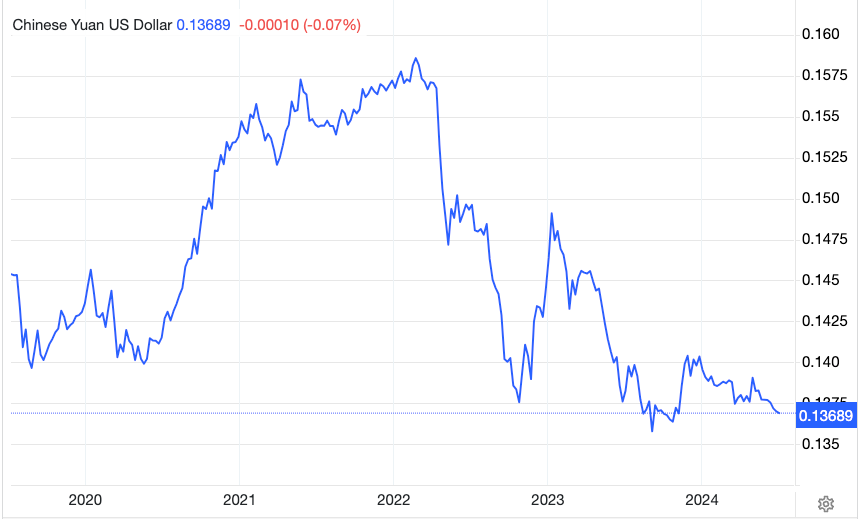On July 1, 2024, the People’s Bank of China (PBOC) made a groundbreaking announcement: it would undertake bond borrowing operations with select primary dealers to ensure the stability of the bond market.
This unprecedented move has already ignited widespread discussion in China, particularly concerning its potential long-term effects on the renminbi exchange rate and the broader Chinese economy.

The Significance of Central Bank Bond Purchases
Under China’s financial system, the PBOC is generally prohibited from buying government bonds in the primary market to avoid excessive currency depreciation, as mandated by the Law of the People’s Republic of China on the People’s Bank of China.
The recent announcement of the PBOC “borrowing” primary market government bonds marks an extraordinary departure from this norm. While framed as a borrowing operation, the PBOC’s ultimate goal is to sell these bonds, effectively making this an indirect purchase.
Economically, any form of government bond purchasing by the central bank is viewed as the onset of unanchored money printing. This action is typically seen as the central bank injecting liquidity by expanding its balance sheet, essentially equivalent to printing money.
This approach is reminiscent of the quantitative easing (QE) policies adopted by Western countries during financial crises, where they injected money into the economy by purchasing government or private sector assets to stimulate economic growth.
READ MORE
Views: 152